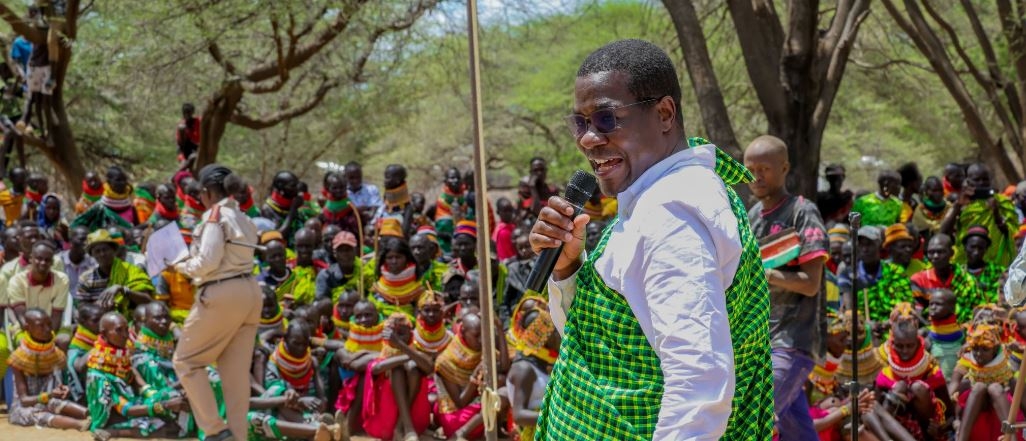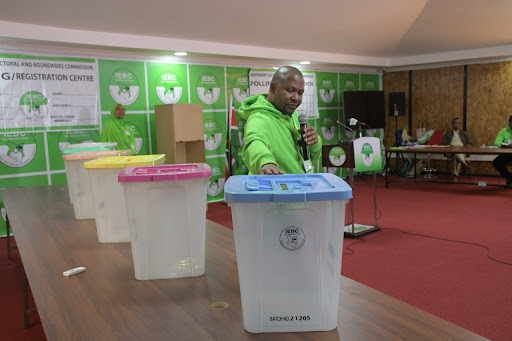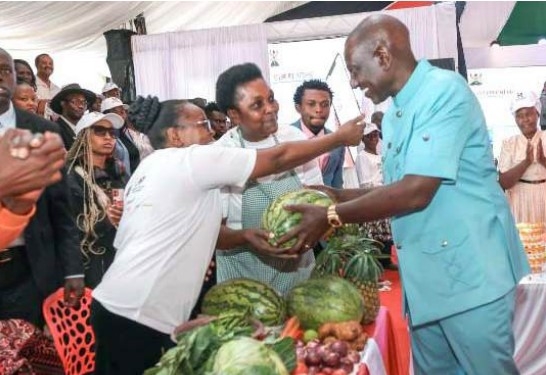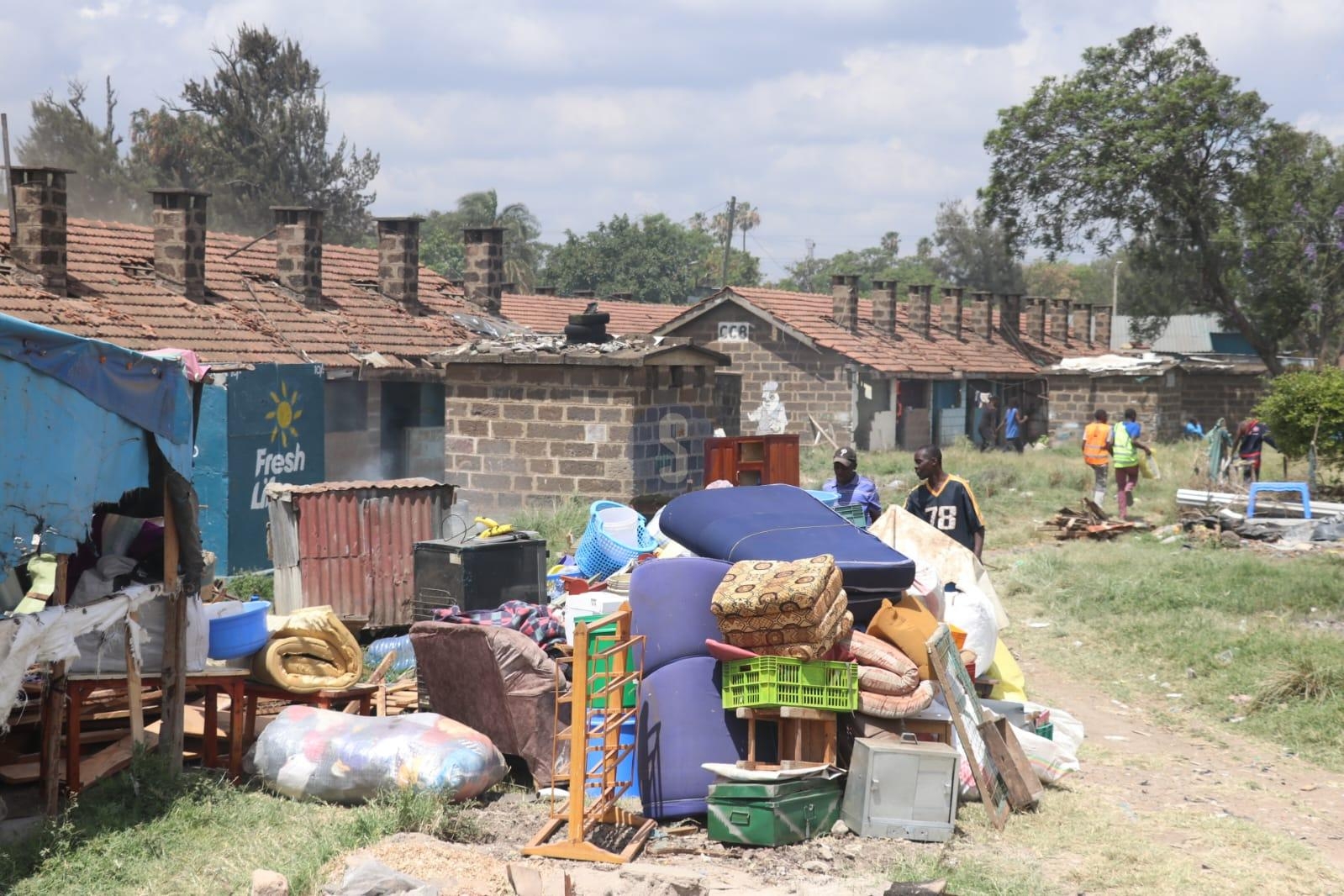The directive for a nationwide curfew to curb the spread of the Covid-19 disease brings back dark memories for residents in Lamu and Tana River counties.
For them, curfews over terrorism imposed in their regions led to suffering and struggles.
In Lamu, a curfew was imposed from July 2014 to October 2015 after a spate of terror attacks in which hundreds were massacred by al Shabaab militants.
The dusk-to-dawn curfew from 6pm to 6am was meant to help the national government pursue the militants and also recover weapons that had been used in attacks.
In Tana River, residents feel the nationwide curfew is 'healthy' as opposed to the ones they witnessed in the county in 2002 and 2012 during ethnic clashes.
Memories of the curfews are still fresh and no one dares to be out after curfew as they already know the consequences.
During the 2012 ethnic clashes between Pokomo and Orma in Tana Delta, more than 200 people died and over 40,000 other residents displaced.
In Lamu, the region struggled with terror attacks while at the same time having to deal with a curfew that caused traders incur huge losses.
There were also reports of police brutality meted out upon those who were found outside past curfew time.
The most notable incident of the police brutality was that of Margaret Njeri, who was killed after she was hit by a speeding motorcycle ridden by a police officer after curfew on January 17, 2015.
Lamu residents are, however, hopeful that police will not be ruthless in this particular curfew -- after cops unleashed terror on Day 1.
Elder Famau Mussa says they hope to see less police brutality as the fight is about the coronavirus and not terrorists.
“Back then it was bad. I was late once and they almost broke my leg beating me,” Mussa said.
Mpeketoni trader John Wanyoike – whose hotels Breeze View and Deep Sea were torched by terrorists – says the curfew takes them back to when they were beaten senseless whenever they couldn’t beat the lockout.
“We are okay with the current curfew anyway because it’s for the common good,” Wanyoike said.
In Tana River, a magistrate was among those who were rounded up by the GSU and frogmarched in an open ground wearing only a pair of boxers.
Abdullahi Haji Gudo, county Secretary Council of Imams and Preachers Kenya, recalls the day the entire Garsen Town was surrounded by GSU officers at 4am and everyone ordered to leave.
Speaking to the Star, Gudo said on at the height of the violence, he was coming from morning prayers when he found the officers all over.
He said everybody in the village lay on the ground adding that police ordered everyone to carry their identity cards.
Gudo said unlike now, security agents in Tana Delta would invade homes to search for weapons.
Edited by R.Wamochie
















